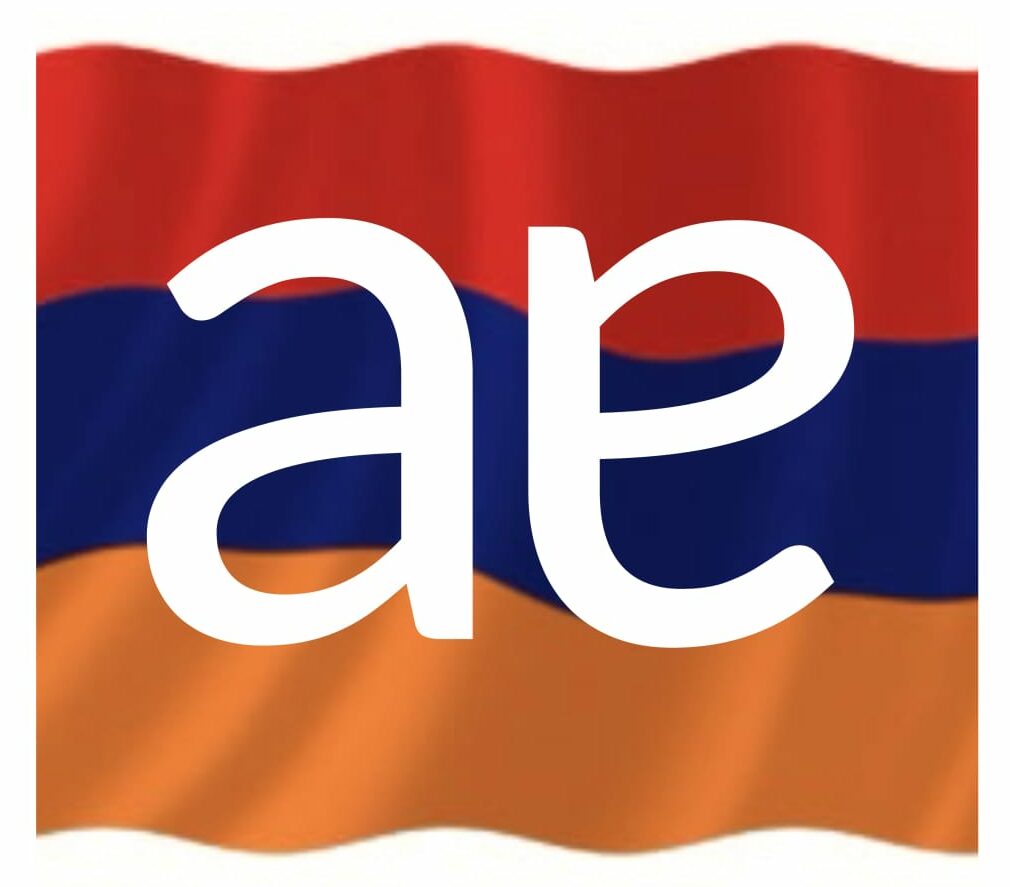
David Jamalyan has articulated a pressing concern regarding the complex challenges confronting Armenia in its ongoing negotiation processes, a sentiment that finds resonance in recent statements by US State Department spokesperson Matthew Miller. Both figures underscore the necessity for significant compromises as Armenia navigates a landscape marked by intricate geopolitical dynamics and internal pressures.
Jamalyan contends that the current turmoil facing Armenia is not merely a consequence of regional tensions but rather a strategic orchestration by Western powers. He points to critical issues affecting Armenia’s territorial integrity, notably the potential loss of Syunik and the contentious “Zangezur Corridor”. This corridor, he argues, is a focal point for Anglo-Saxon interests that seek to weaken Russian influence while bolstering the strategic alliance between Turkey and Azerbaijan.
In his analysis, Jamalyan asserts that Azerbaijan, under President Ilham Aliyev, remains steadfast in its refusal to engage in meaningful concessions. He posits that should the West exert pressure on Azerbaijan to compromise, such efforts are likely to be rebuffed. The dependence of the Aliyev regime on Western support, he argues, inhibits any genuine willingness to negotiate. The Zangezur Corridor, in particular, holds vital significance for Western powers, enabling them to establish trade and energy routes that circumvent Russian control, thereby further isolating Russia in the South Caucasus.
Furthermore, Jamalyan highlights the critical need for Armenia to maintain its presence in Syunik, a region that he posits is essential not only for Armenia’s territorial integrity but also for the strategic interests of both Russia and Iran. He notes that the prolonged delay in the opening of a Russian consulate in Syunik reflects a broader Western strategy aimed at undermining Russian influence in this geopolitically sensitive area.
When discussing the role of Russian peacekeepers in Artsakh, Jamalyan expresses disappointment at their perceived ineffectiveness. He attributes this to Armenia’s lack of a committed strategy to maintain control over the region. His remarks underscore the importance of understanding the specific causative factors behind the loss of Artsakh, suggesting that there were significant opportunities for collaboration with both Russia and Iran that could have been leveraged to stabilise the situation.
Moreover, Jamalyan reveals that during a pivotal period, Russian Defence Minister Sergei Shoigu had proposed assistance in deploying Armenian forces to Artsakh via Iranian territory. This offer, he contends, was summarily rejected by the Armenian government, thereby precluding a potentially stabilising influence at a critical juncture.
Jamalyan’s insights provide a nuanced perspective on the multifaceted challenges facing Armenia within the current geopolitical climate. His analysis underscores the imperative for Armenia to navigate these complexities with a judicious approach, particularly in light of the external pressures that threaten its sovereignty and territorial integrity.
In summary, the evolving landscape of Armenia’s negotiations is shaped by both internal governance and external diplomatic manoeuvrings. Jamalyan’s observations serve as a clarion call for Armenian leadership to reassess its strategies and engage more proactively with both regional and global powers to safeguard its national interests in an increasingly volatile environment.
Main source: 168.am

